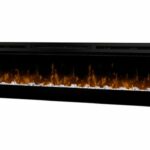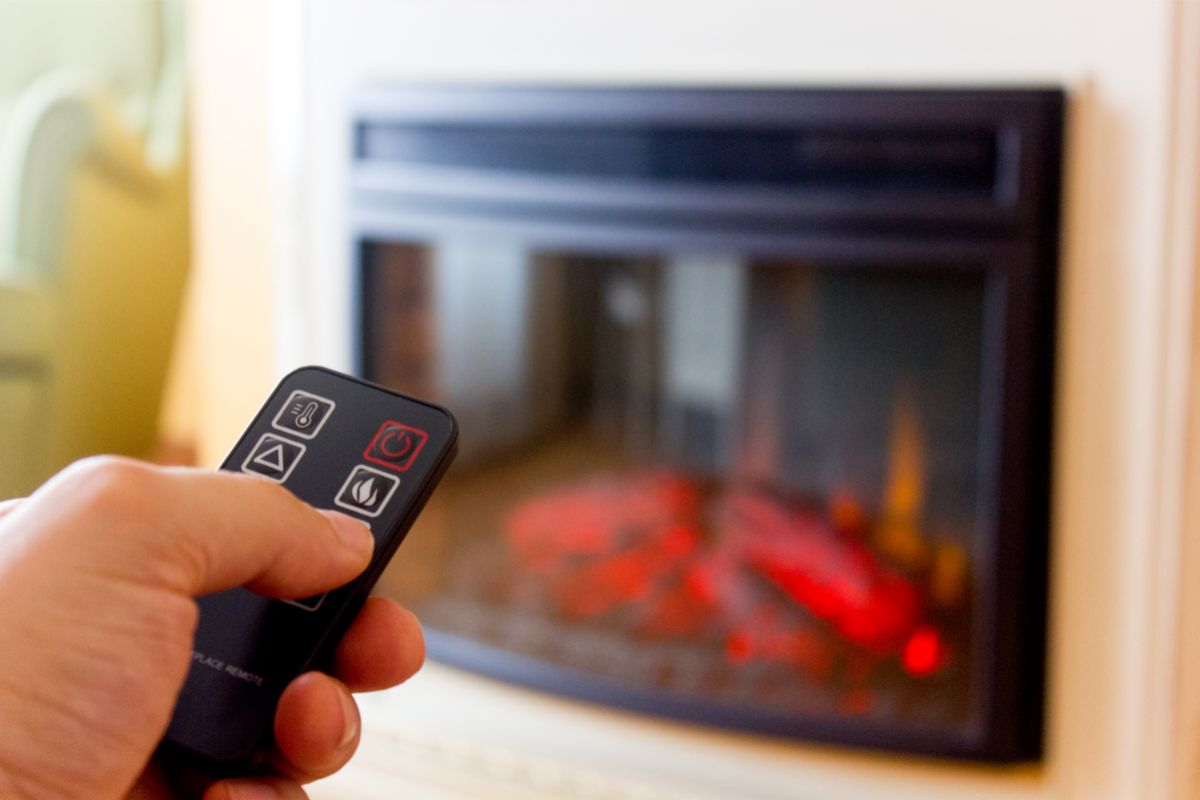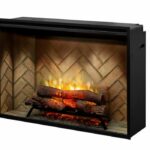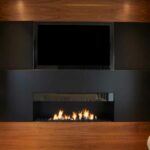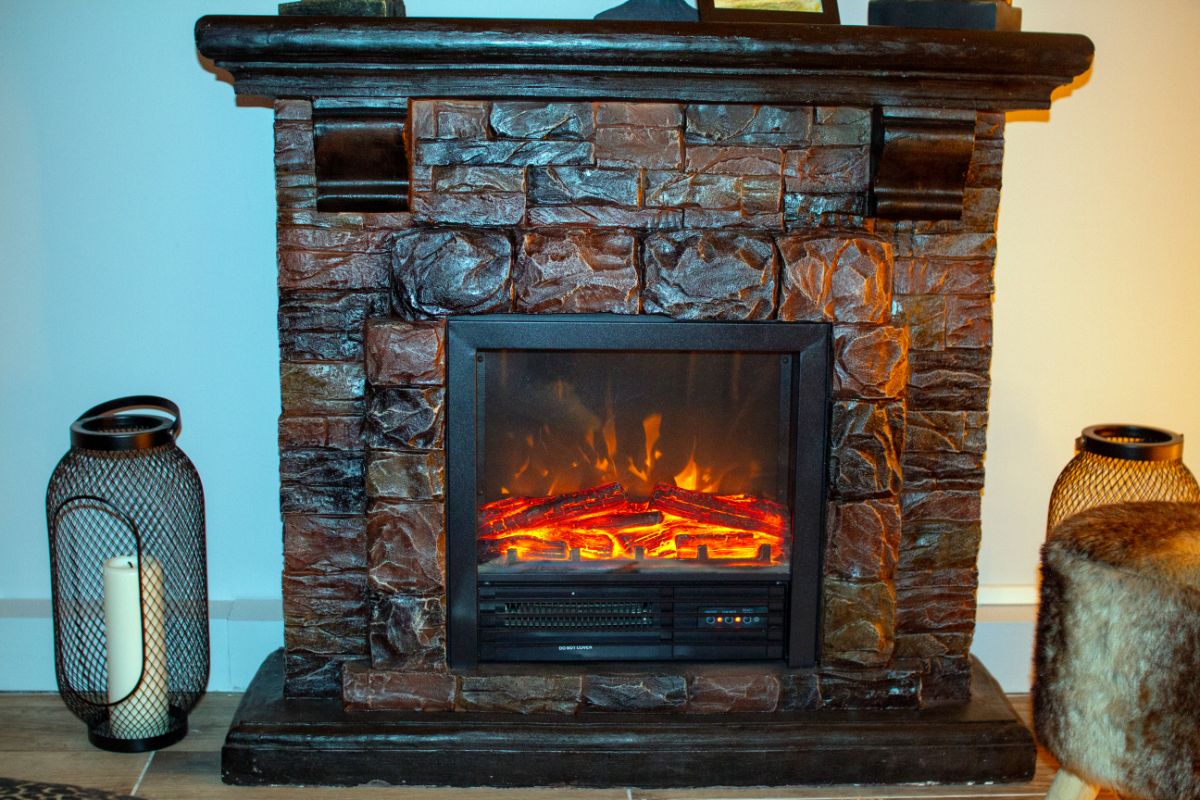Are you feeling a bit chilly at home and thinking about snagging an electric heater?
You might wonder, “Can electric heaters produce carbon monoxide?”
Well, the good news is, they don’t.
But there’s more to it than just that. Let’s unravel why electric heaters are safe for your snug space.
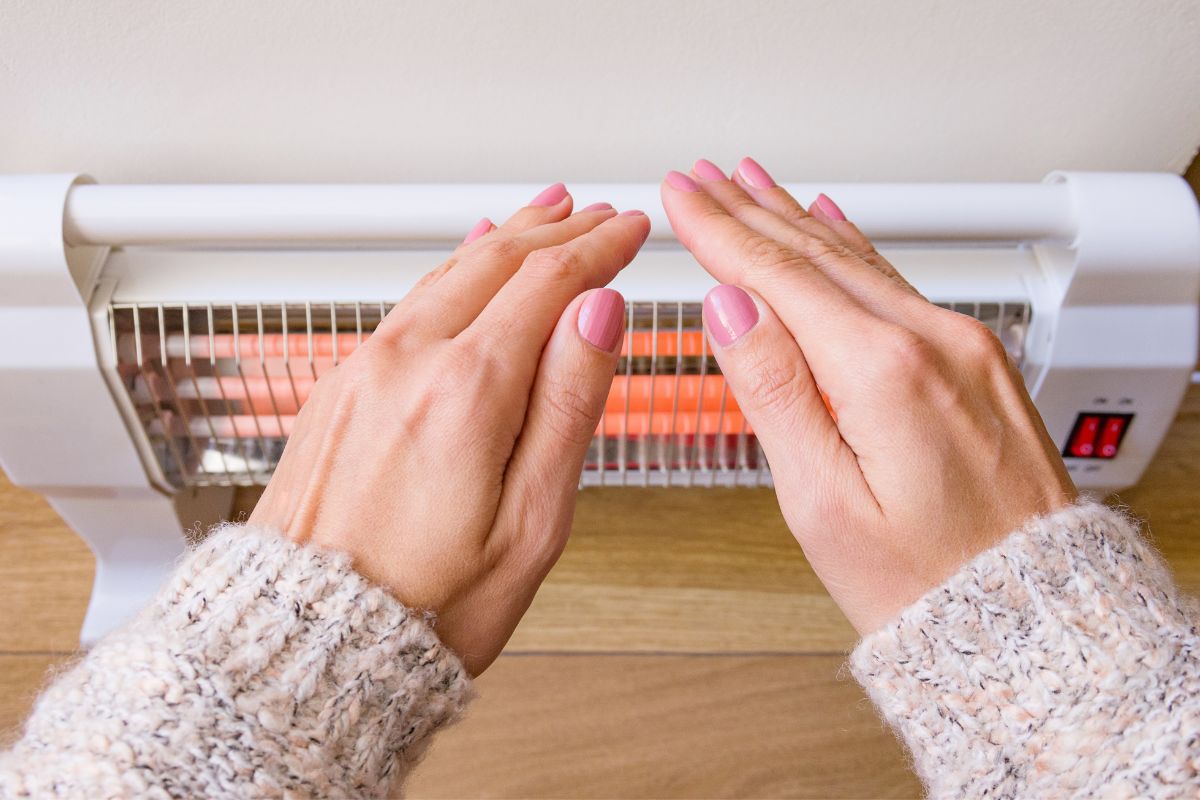
Inviting a new heating system into our sanctuary, we all occasionally wrestle with worries and uncertainties.
One of the scariest culprits? Carbon monoxide – a silent, odorous fiend often linked with traditional heating appliances. But the waters become murky and puzzling when it comes to electric heaters.
So, let’s journey together to unmask the truth. What is this notorious carbon monoxide, and could your faithful electric heater be an unexpected gas producer?
What Is Carbon Monoxide?
Carbon monoxide is a poisonous, flammable gas that is both odorless and colorless – meaning that we cannot visibly detect it with our human senses.
This can increase our concern pertaining to gas, especially when we do not know enough about it.
Consisting of one carbon atom, and one oxygen atom, it is the simplest carbon oxide and can be produced by any flammable substance when it catches fire or ignites.
As such, it can be an unwanted side effect of solid fuel heating and gas systems – especially if there are problems with seals or ventilation.
Do Electric Heaters Produce Carbon Monoxide?
Luckily, those with electric heaters in their homes do not (and can not) produce carbon monoxide when on and running.
This is because, as mentioned above, carbon monoxide is only produced when flammable materials are burning – and seeing as electric heaters do not actively burn a substance (such as gas or coal) to create heat, no carbon monoxide can be produced.
While your electric heater might be free from the carbon monoxide issue, there are other elements you need to be aware of.
There’s more to the story of electric heaters than meets the eye, and understanding these factors will ensure you stay safe, warm, and worry-free all winter long.
So, ready to unravel more intriguing facts about your trusty electric heater? Stay with us as we dive deeper into some of their pros and cons.
What Are The Benefits Of Electric Heaters?
As well as not producing harmful gasses, there are also other benefits to electric heaters – many of which are responsible for their popularity.
Easy Installation
The first benefit of electrical heaters is that they are usually easy to install.
This differs from gas and coal, wherein you would need to make notable renovations or adjustments to your home setup to have them installed – with coal fires requiring an actual fireplace and gas heating requiring boiler and gas lines.
Extra Safety
They are also much safer than traditional methods of heating. Along with the lack of poisonous fumes, there are no naked flames, no danger pertaining to gas bottles and other forms of fuel, and no fuel being burned full stop.
This limits the risk of fires and other dangers.
Larger Variety
Due to their popularity, there are also a wider variety of products on the market, ranging from small, affordable models to more complex and in-depth designs.
Low Maintenance
They are also relatively low maintenance to look after (and to pay for), and cost much lower prices when it comes to servicing and upkeep.
Are There Any Downsides?
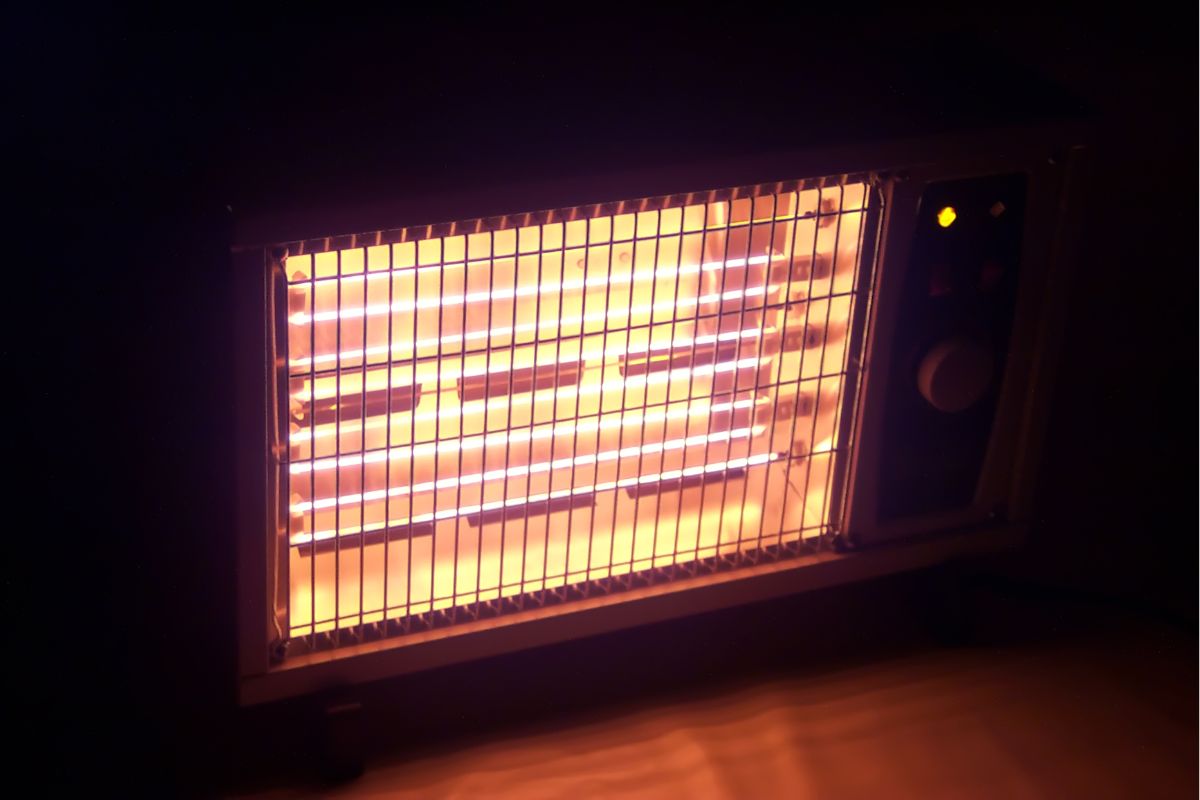
Of course, as with anything, there can be certain downsides to electrical heaters and having them installed in your home.
Expensive To Run
While the actual device itself is usually cheap and affordable to buy and install, the cost of running an electric heater for extended periods of time is certainly not.
These devices are renowned for eating electricity, which in turn takes a sizable bite out of your wallet when the utility bill comes to your door.
CO2 Production
Some electrical heating devices – namely the ones that are wired into the home, and are more complex – can also produce trace doses of carbon dioxide.
This is the more complex carbon oxide, which, while being less dangerous than its fatal counterpart, carbon monoxide, still has negative impacts on the environment.
This means that for those who are environmentally conscious, electrical heating might not be the ideal choice.
Power Outages
If there is ever a blackout in your area, then your electrical heating system will obviously fall victim to the same fate. This can be pretty bad in the wintertime – especially if it is your only means of keeping warm.
It can also put added strain on your electrical system at home too, meaning that if you have older wires and overloaded circuits, then you could stand a greater risk of fires and damage.
Fire Risks
Another downside of electrical heaters is that – as touched on above – they can prove to be a substantial fire risk.
While this is not always down to overloaded wiring, it can also be due to clothing, curtains, and other materials making contact with them, melting other wiring and important devices, and melting carpeting and other furnishings.
This is especially true with wet clothes, which, when laid atop them, can be a substantial fire risk.
Less Attractive
They are also less attractive and more visible than traditional heating methods – something that might dissuade homeowners.
Final Thoughts
And there we have it, everything you need to know about electric heaters and whether or not they produce carbon monoxide.
Of course, when we have any form of heating system fitted into our homes, our first concern is always related to carbon monoxide and the safety associated with the product we have installed.
However, as this article highlights, some products are just safer than others, especially when it comes to carbon monoxide.
So if you want to know more about the safety of electric heaters, then be sure to refer to this guide!
Frequently Asked Questions
Now that we know a little more about electric heaters, and whether they produce carbon monoxide, it is now time for us to answer some frequently asked questions that you might be interested in.
Generally speaking, the installation and purchase of electric heaters are more affordable than other heating methods. However, this depends on the complexity and size of the product that you have.
While perhaps being less effective at heating the home in a uniform manner, electrical heating systems are better when it comes to getting immediate heat. This is because they are generally more directional rather than working via widespread heating.
- How To Open Chimney Flue - July 20, 2023
- Do Electric Fireplaces Use A Lot Of Electricity? - July 20, 2023
- How To Keep A Fire Going - July 20, 2023

